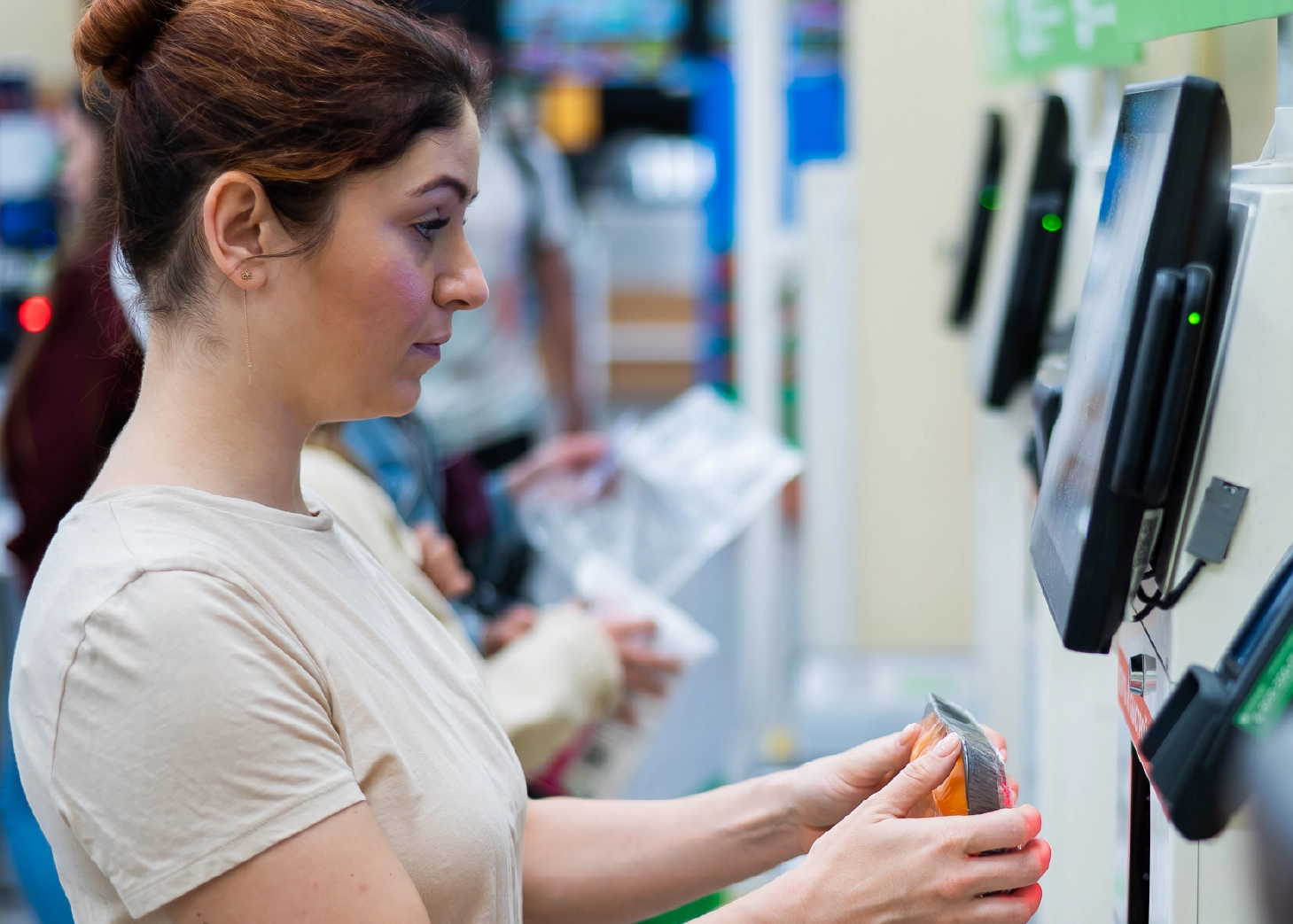In today’s retail landscape, sustainability is no longer a choice but a necessity. As consumers become more eco-conscious, retailers are under increasing pressure to adopt sustainable practices. One surprising yet effective way retailers are making strides in environmental conservation is through self-checkout kiosks. These automated systems, designed to streamline the shopping experience, are proving to be valuable tools for promoting sustainability. Here’s how self-checkout kiosks contribute to environmental initiatives:
Energy-Efficient Self-Checkout Kiosks Reduce Environmental Impact
Modern self-checkout kiosks are designed with energy-efficient technologies to help minimize their environmental impact. They feature low-power standby modes and energy-efficient processors that optimize power usage during operations. Additionally, consolidating multiple checkout counters into fewer self-checkout stations allows retailers to streamline operations and reduce overall energy consumption in the store.
A Step Toward Paperless Retail with Digital Receipts
One of the key advantages of self-checkout kiosks is their ability to reduce paper waste. Traditional checkout counters often print lengthy receipts, including coupons and promotions, many of which end up discarded. Self-checkout kiosks address this issue by offering digital receipts, allowing customers to receive them via email or mobile. This simple yet effective solution helps reduce paper waste while also saving retailers on printing costs.
Empowering Eco-Conscious Shopping with Self-Checkout Kiosks
Self-checkout kiosks play a crucial role in promoting sustainability by reducing waste, encouraging eco-friendly habits, and shaping shopper behavior. They prompt customers to bring reusable bags, offer incentives to reduce single-use plastics, and support recycling by reminding shoppers to return used packaging or electronics. Serving as communication platforms, these kiosks use timely messages to nudge shoppers toward sustainable choices, such as highlighting eco-friendly products or encouraging reduced packaging use. By combining practical tools with strategic messaging, self-checkout kiosks empower retailers and consumers to embrace lasting sustainable practices with every transaction.
Streamlining Staffing to Reduce Carbon Footprints
Traditional checkout counters require more staff to manage customer flow, resulting in higher resource demands. Self-checkout kiosks enable retailers to streamline operations by reducing the need for additional staffed counters. This not only lowers energy consumption and the carbon emissions associated with daily staff commutes but also reduces the infrastructure required for retail spaces. Overall, it helps reduce the carbon footprint and promotes more environmentally sustainable retail practices.
Real-Time Data to Support Sustainability Goals
Self-checkout kiosks are invaluable for collecting data that tracks and enhances a retailer’s sustainability efforts. For instance, insights into reusable bag usage, the popularity of eco-friendly products, and reductions in paper waste enable retailers to measure progress toward their environmental goals. Predictive analytics from kiosk data also help retailers forecast demand more accurately, minimizing overstocking and waste.
Sustainability in retail is an ongoing journey, and self-checkout kiosks are more than just a convenience for shoppers. They demonstrate how technology can align business efficiency with environmental responsibility. By reducing waste, conserving energy, and promoting sustainable practices, they play a vital role in achieving environmental goals. For retailers aiming to stay competitive while making a positive impact, investing in self-checkout technology is a mutually beneficial solution for both business and the environment. If you would like deeper insights into how our self-checkout solutions can help you embrace innovation and showcase your commitment to the planet’s well-being, please complete this form to get in touch!


